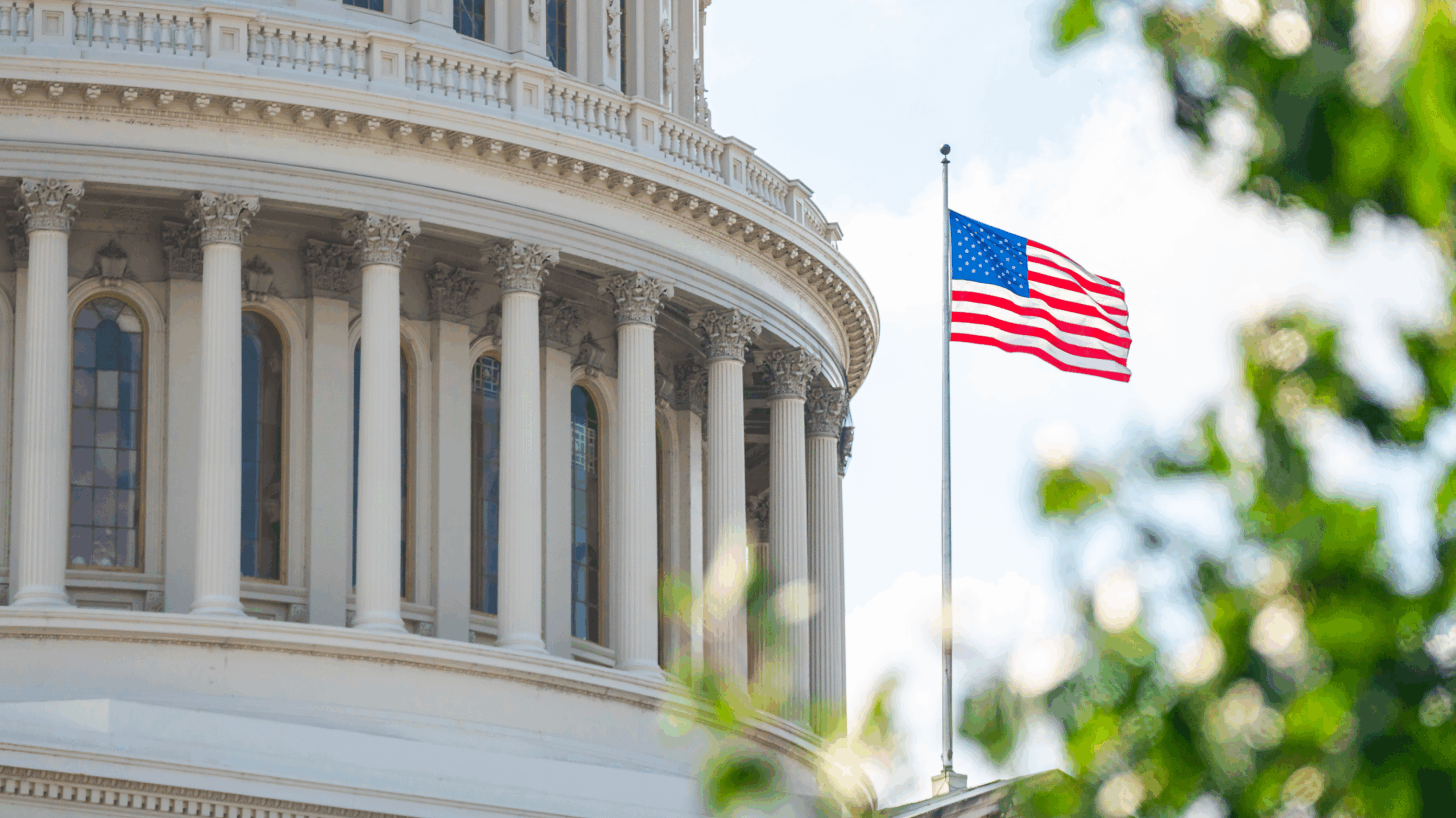On July 4, 2025, President Trump signed the One Big Beautiful Bill Act (OBBBA) into law. This legislation primarily addresses the scheduled expiration of key provisions from the 2017 Tax Cuts and Jobs Act (TCJA). While several changes take effect immediately for tax year 2025, others will be phased in over time. Here is a high-level summary of the notable tax provisions in OBBBA:
Tax Brackets
- TCJA-era tax brackets are made permanent. They are: 10%, 12%, 22%, 24%, 35%, and 37%
- Starting in 2026, all but the top three brackets will receive additional inflation adjustments.
Estate, Gift, and Generation-Skipping Transfer Tax
- The exemption increases to $15 million in 2026, with inflation adjustments beginning in 2027.
- The 2025 exemption remains at $13.99 million.
Standard Deductions (effective 2025)
- Married filing jointly/surviving spouse: $31,500 (up from $30,000)
- Head of household: $23,625 (up from $22,500)
- Single/married filing separately: $15,750 (up from $15,000)
- These standard deductions will be adjusted annually for inflation beginning in 2026.
- There also is an additional $6,000 deduction for taxpayers aged 65 or older (new for 2025–2028), phased out for those with modified Adjusted Gross Income (AGI) exceeding $75,000 ($150,000 for joint filers).
- The personal exemption elimination has been made permanent.
Itemized Deductions
- State and Local Tax (SALT) Deduction:
- The cap increases to $40,000 ($20,000 for married filing separately) in 2025.
- From 2026 to 2029, the cap rises by 1% annually before returning to the original cap of $10,000 in 2030.
- For 2025, the deduction is reduced by 30% of income exceeding $500,000 ($250,000 MFS), but not below $10,000. The income threshold increases 1% annually.
- Additional Notes:
- High earners in the 37% tax bracket face a cap on total itemized deductions.
- Mortgage insurance premiums are now permanently deductible.
- Auto loan interest is deductible (2025–2028) for new U.S.-assembled vehicles, capped at $10,000 and phased out at $100,000 AGI ($200,000 joint filers).
Charitable Contributions
- Non-itemizers may deduct up to $1,000 ($2,000 if filing jointly) in cash donations, effective 2026.
- The Tax Cuts and Jobs Act temporarily increased the charitable deduction limitation for “cash” gifts from 50% to 60% of the donor’s adjusted gross income but was set to sunset at the end of 2025. This bill permanently increases this “cash” limit to 60%.
- For itemizers, only contributions exceeding 0.5% of the AGI are deductible.
Home Mortgage Interest Deduction
- The current mortgage interest deduction cap of $750,000 on primary residences has been made permanent.
- Interest on home equity lines of credit remains non-deductible.
Tip and Overtime Income Deductions (new for 2025–2028)
- For those who receive tip income, a new deduction was set at $25,000 annually with no itemizing required.
- The overtime pay deduction has been set at $12,500 ($25,000 for joint filers) with no itemizing required.
- Taxpayers will begin to phase out of these deductions listed above by $100 for each $1,000 by which the taxpayer’s Modified Adjusted Gross Income (MAGI) exceeds $150,000 ($300,000 for joint filers).
Child Tax Credit
- This tax credit has increased to $2,200 per qualifying child starting in 2025 and
- permanently indexed to inflation beginning in 2026.
- Up to $1,400 of this credit is partially refundable.
“Trump Accounts” for Newborns
- Each newborn receives a $1,000 tax-advantaged account at birth which allows up to $5,000 in annual contributions until age 18, similar to non-deductible IRAs.
- Withdrawals are restricted until age 18 and are taxed as ordinary income or capital gains depending on usage for “qualified expenses.”
Repealed Green Energy Tax Credits
- Energy-efficient home improvement credits are repealed beginning in 2026.
- New and used clean vehicle tax credits end for any vehicle purchased after September 30, 2025.
If you would like to discuss how any of these new tax laws could impact your financial picture, please contact your JNBA Advisory Team.
Due to various factors, including changing market conditions and/or applicable laws, some of the content may no longer be reflective of current opinions or positions. Moreover, you should not assume that any discussion or information contained in this blog serves as the receipt of, or as a substitute for, personalized investment advice from JNBA Financial Advisors.
Please see important disclosure information at jnba.com/disclosure





